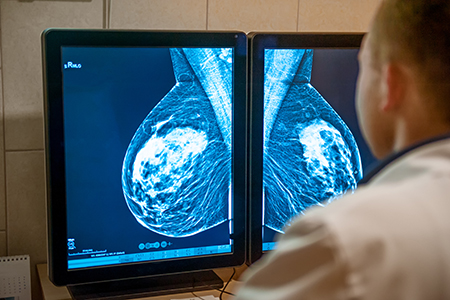 October is National Breast Cancer Awareness Month and there is some good news to share in 2019. Over the last year, three new drugs have been approved by the FDA to treat various forms of the disease, among them an immunotherapy for metastatic or unresectable breast cancer.
October is National Breast Cancer Awareness Month and there is some good news to share in 2019. Over the last year, three new drugs have been approved by the FDA to treat various forms of the disease, among them an immunotherapy for metastatic or unresectable breast cancer. This Insight will highlight these new drugs and how they act to treat various forms of breast cancer.
FDA Approves First Immunotherapy for Breast Cancer
On March 11, 2019, the FDA announced the approval of the first immunotherapeutic for unresectable locally-advanced or metastatic triple-negative breast cancer. This treatment combines Tecentriq (atezolizumab) — a monoclonal antibody that blocks cell surface receptor PD-L1 — and Abraxane (nab-paclitaxel), a taxane chemotherapeutic1,2. Because this cancer is estrogen-receptor-negative, progesterone-receptor-negative, and HER2-negative, it is more aggressive and much harder to treat than most breast cancers. The study, published in November in The New England Journal of Medicine, reports that there was an increase in the length of both progression-free survival and overall survivial3.Three New Breast Cancer Drugs Approved by the FDA
Alpelisib for Metastatic Breast Cancer
On May 24, 2019, the FDA approved PIQRAY® (alpelisib) in combination with fulvestrant for hormone-receptor-positive, HER2-negative, PIK3CA-mutated, advanced or metastatic breast cancer. Shortly after, a companion diagnostic test called Therascreen® PIK3CA RGQ PCR Kit (QIAGEN Manchester, Ltd.) was also approved to diagnose the patients that could receive this treatment.This diagnostic test analyzes PIK3CA mutations in circulating tumor cells or circulating tumor DNA (ctDNA). The phase 3 clinical trial conducted with this drug included 572 patients and the alpelisib-fulvestrant group showed almost double the progression-free survival rate when compared to the placebo-fulvestrant group4.
Ado-trastuzumab Emtansine for Early Breast Cancer
On May 3, 2019, the FDA approved ado-trastuzumab emtansine for the treatment of HER2-positive early breast cancer in patients who have not responded to a prior monoclonal antibody-based treatment. As with alpelisib, the FDA also approved two companion diagnostic tests to screen candidates for this drug treatment.Both diagnostics, the PATHWAY anti-HER-2/neu (4B5) Rabbit Monoclonal Primary Antibody assay and the INFORM HER2 Dual ISH DNA Probe Cocktail assay, were developed by Ventana Medical Systems, Inc (Roche Diagnostics)5.
Herceptin for HER2‑overexpressing Breast Cancer
On February 28, 2019, the FDA approved trastuzumab and hyaluronidase-oysk injection for the treatment of HER2-overexpressing breast cancer. This combination drug is called Herceptin Hylecta and combines trastuzumab, a chemotherapeutic HER2/neu receptor antagonist, with hyaluronidase, an enzyme that breaks down the excess hyaluronic acid produced by cancer cells.Breast Cancer Patient-Derived Xenografts
Severely immunodeficient mice hosting patient-derived xenografts are key platforms for the development of new breast cancer drugs. These models contain the original features of a patient's tumor and can be used to test novel therapeutics and drug combinations.A paper published in 2019 in BMC Cancer describes the engraftment of immunocompromised SCID/beige mice with a triple-negative patient-derived tumor. After passaging, cells derived from the tumors were exposed to multiple chemotherapeutics, including DNA synthesis inhibitors, microtubule inhibitors, and topoisomerase inhibitors. Live/dead stains revealed that the tumor was sensitive to purine analogs, antimetabolites, and antitumor antibiotics but resistant to cereblon inhibitors (protein involved in cell growth and development)6.
Models such as this help clinicians and researchers identify treatments that a patient's tumor will respond to without exposing the patient to numerous chemotherapeutics.






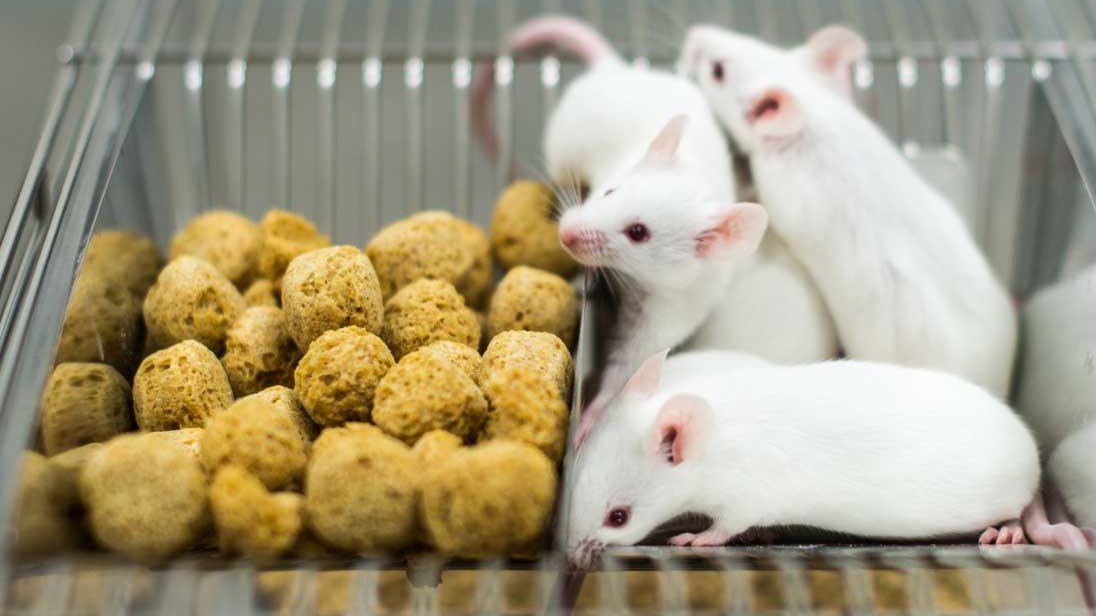
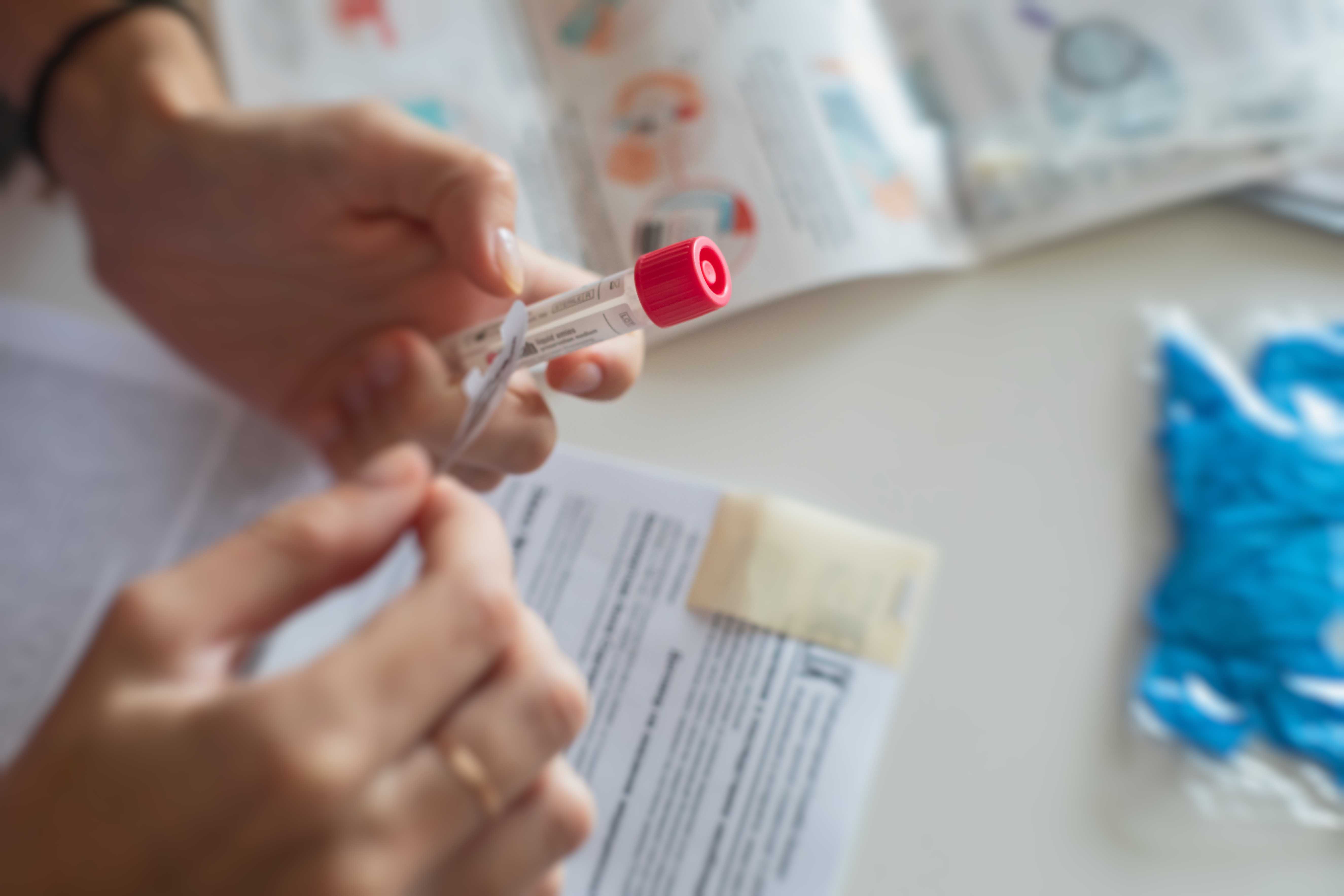







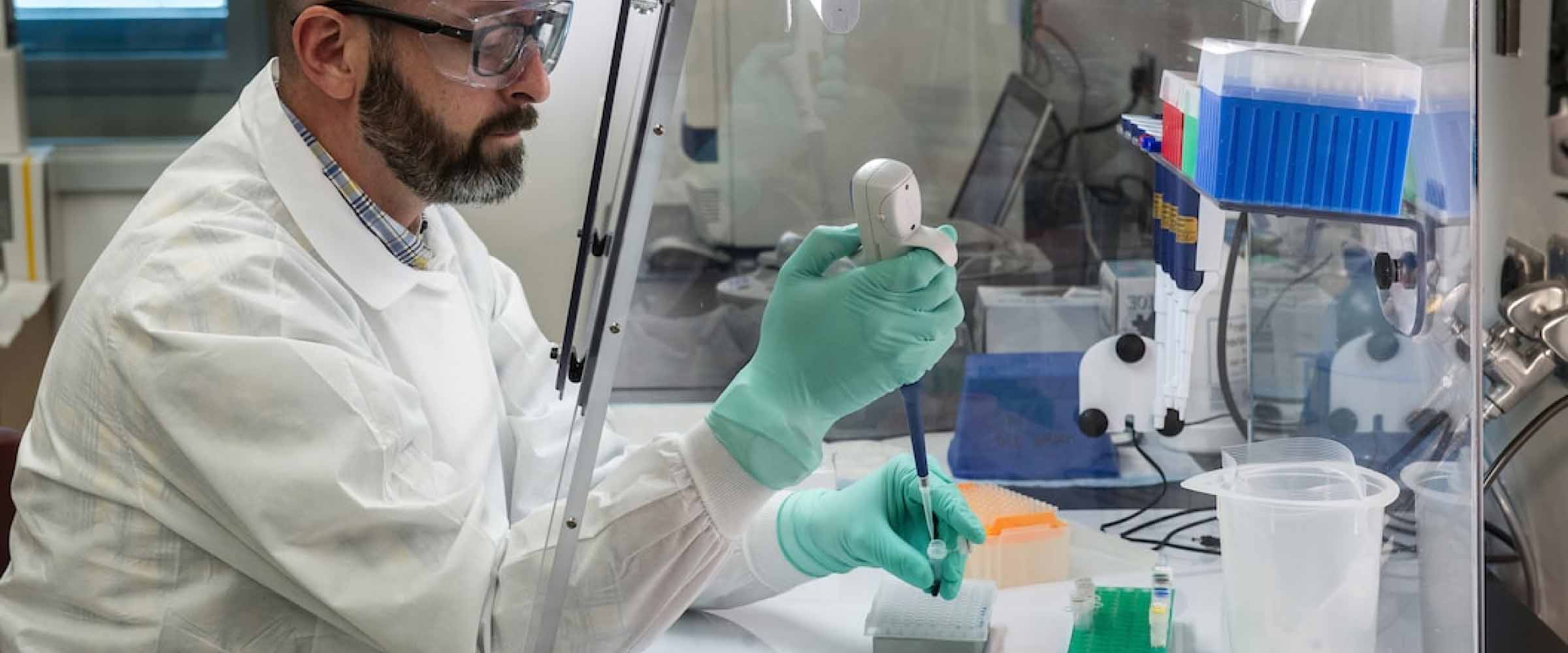
.jpg)

.jpg)
.jpg)
.jpg)
.jpg)
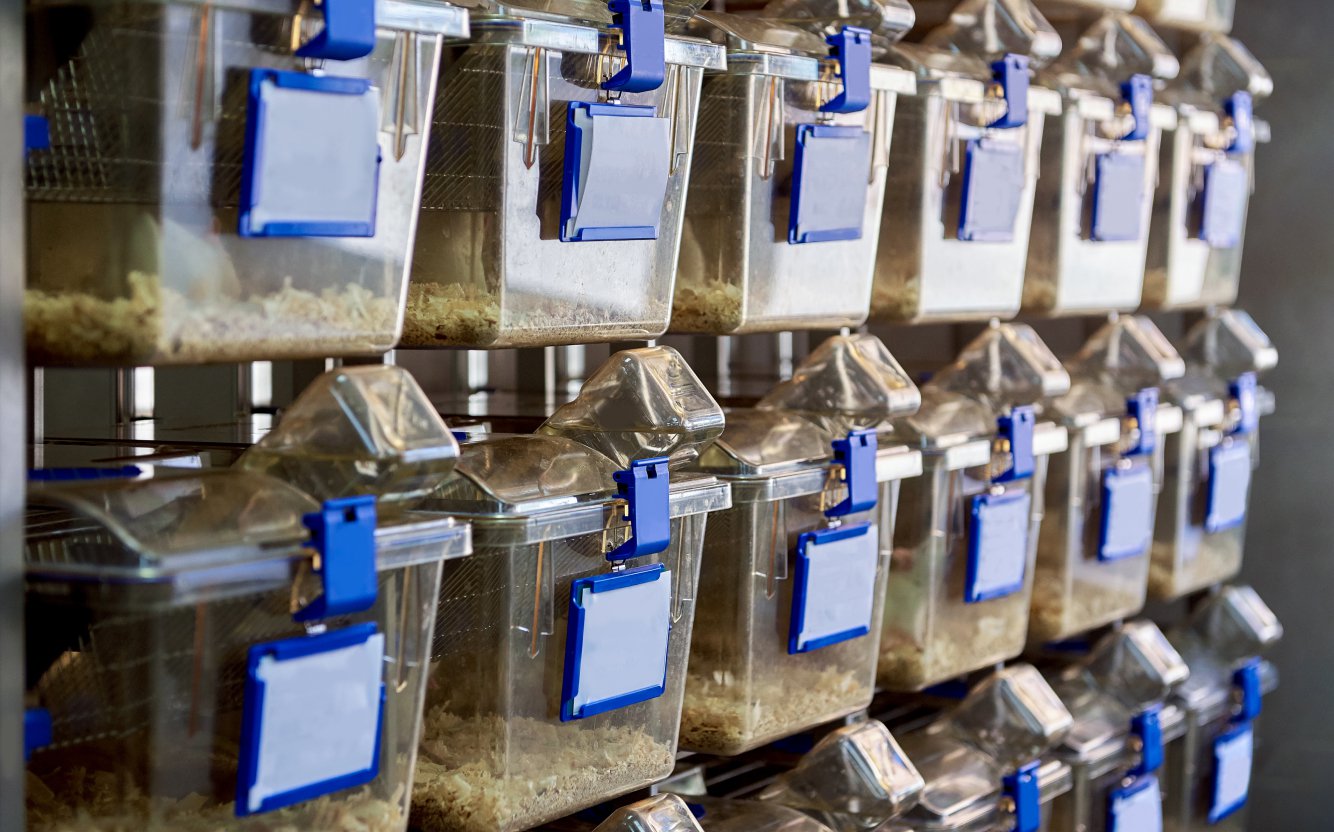
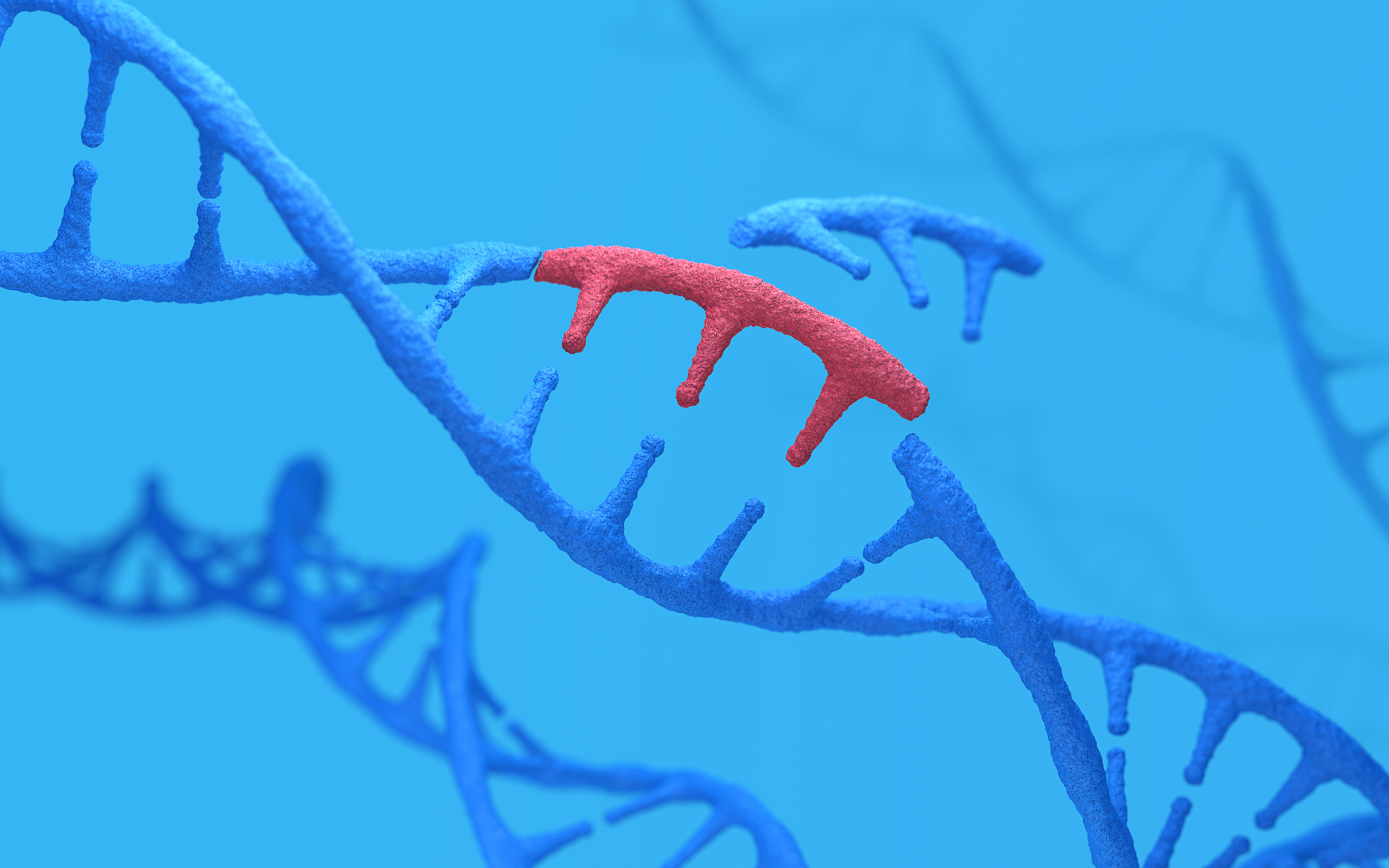
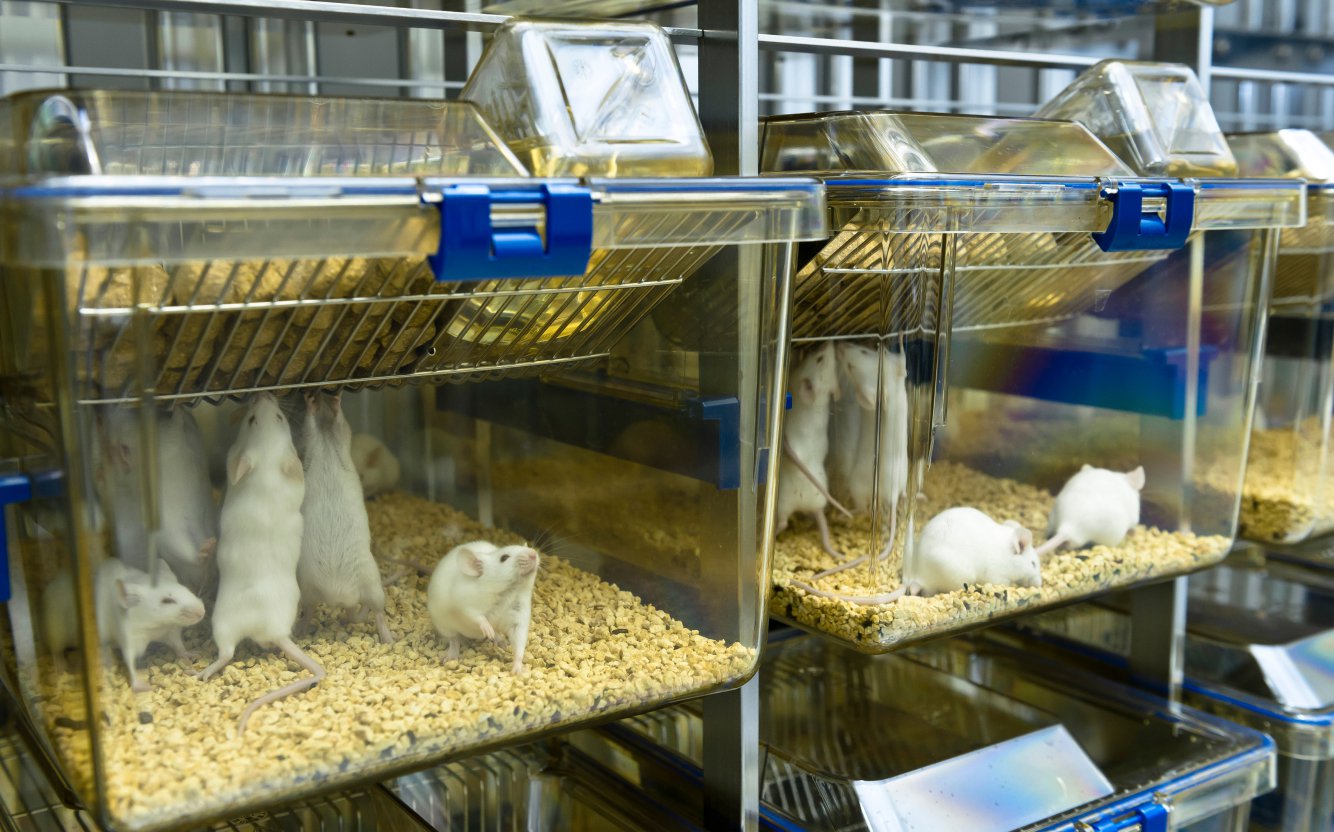


.jpg)

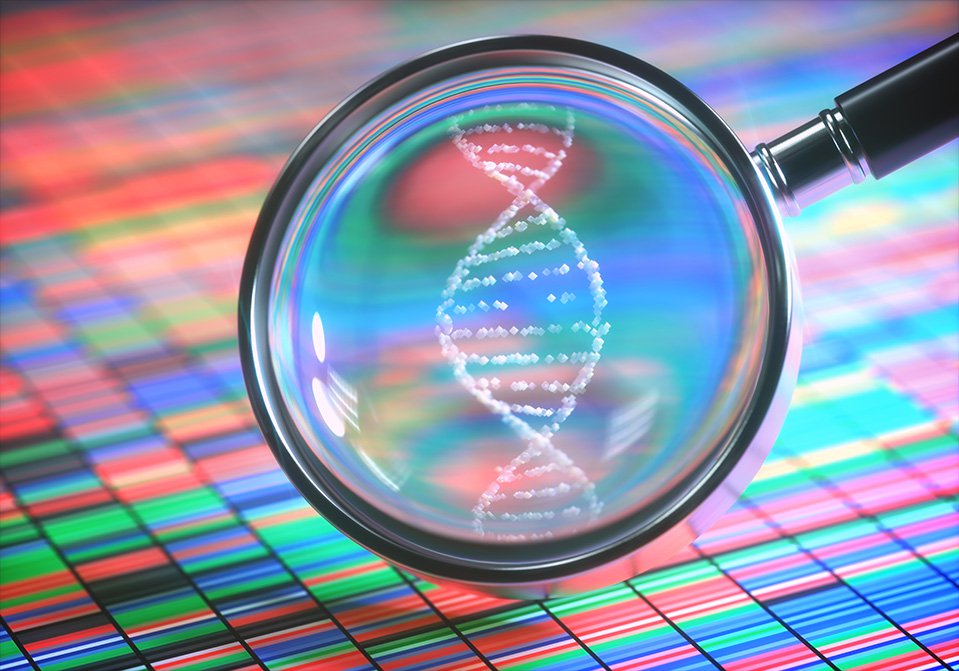
.jpg)
.jpg)

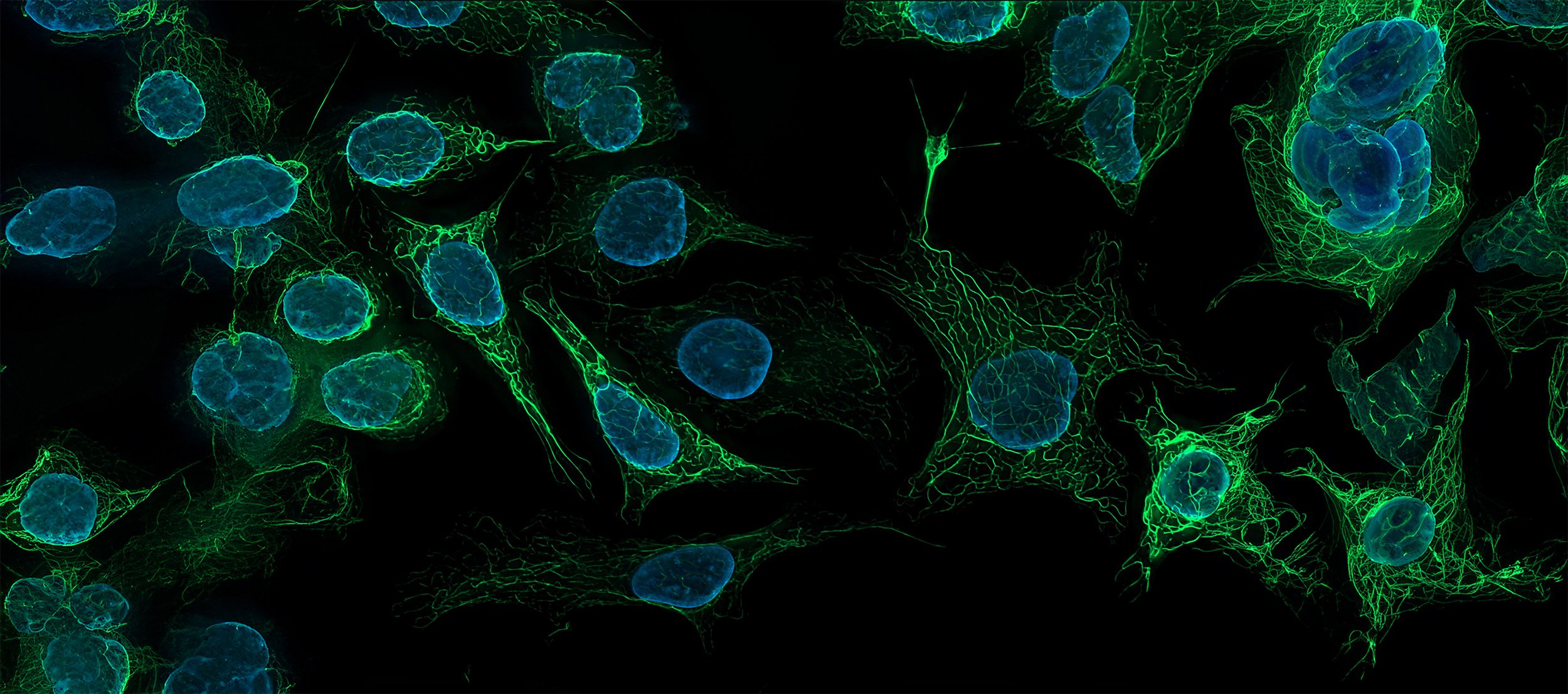
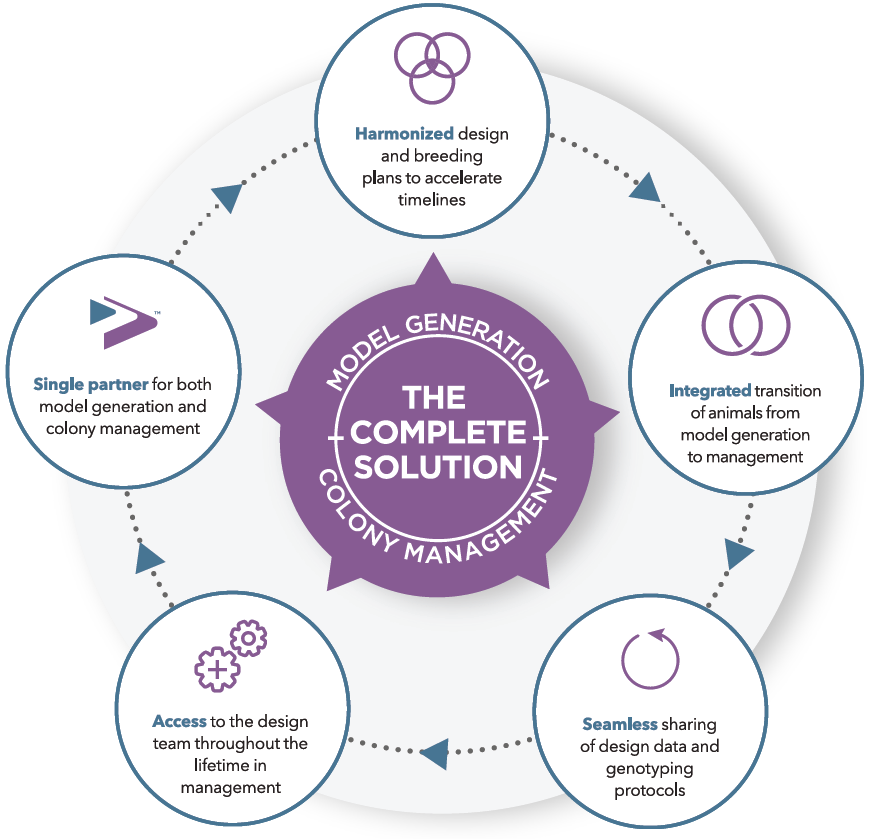

.jpg)

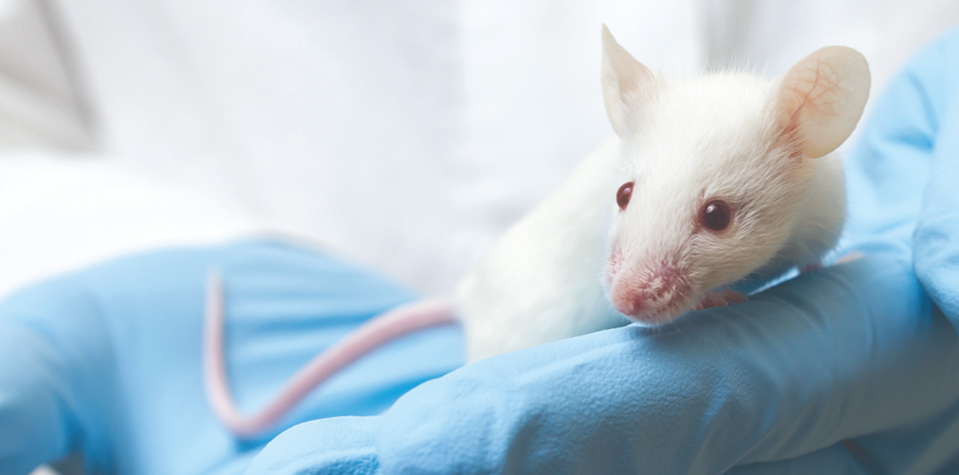

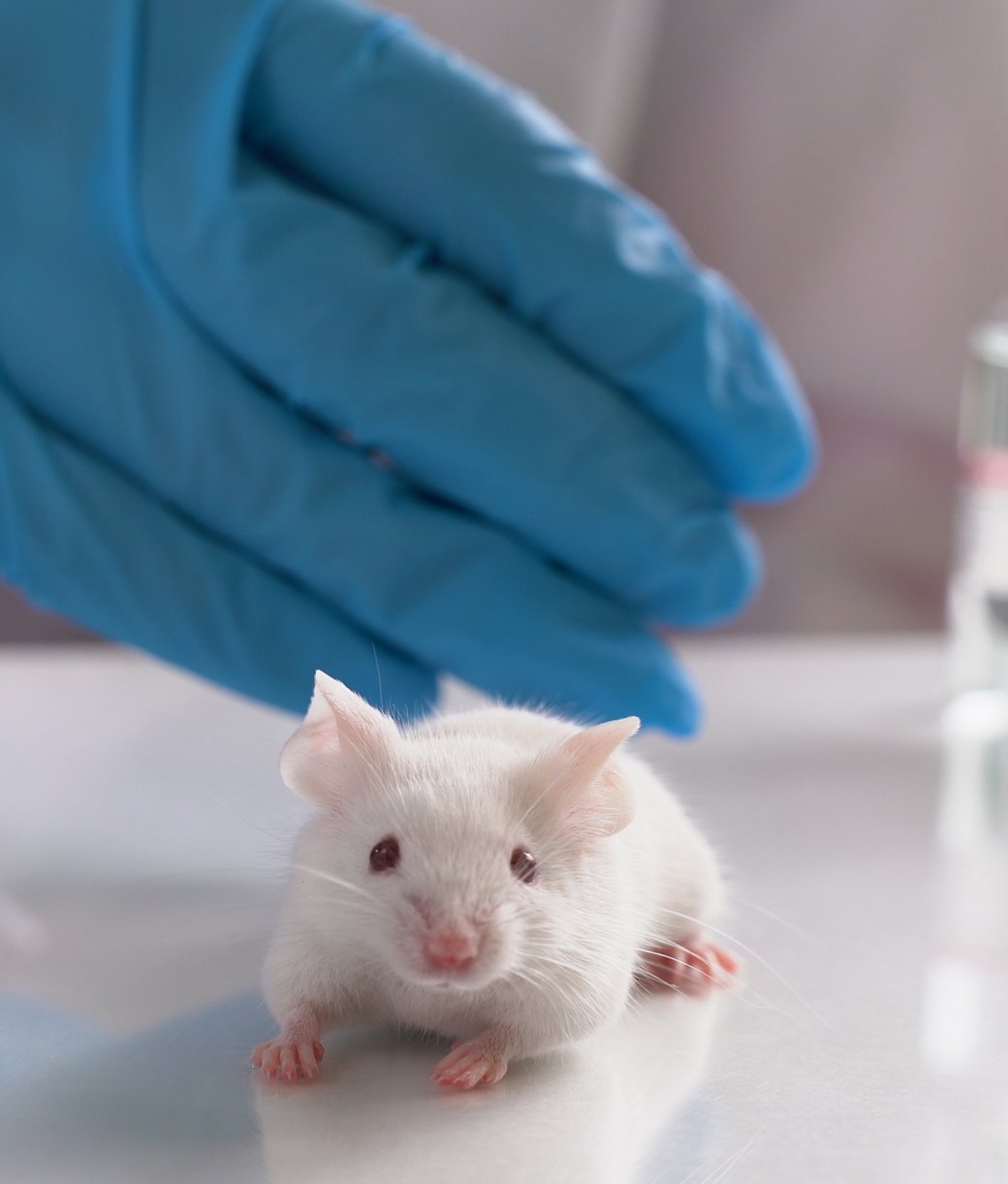

.jpg)

.jpg)



